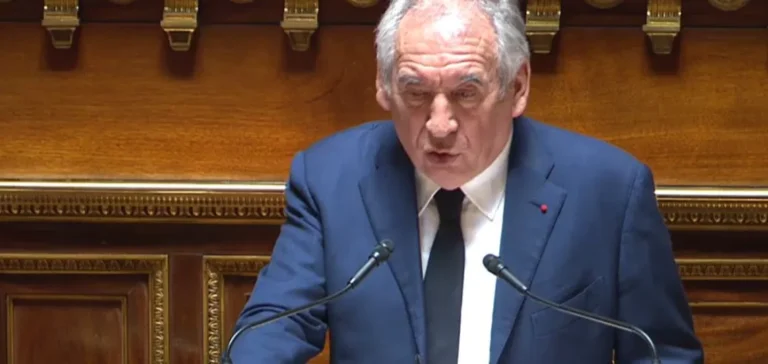The French government has yet to publish the third Multiannual Energy Programme (Programmation pluriannuelle de l’énergie, PPE), a strategic document for the 2025-2035 period. Initially announced before the end of summer, its release has again been postponed due to the ongoing political crisis and divisions within the executive. The document is crucial for planning investments related to the nuclear fleet and the development of renewable energy.
A roadmap stalled by political stakes
The decree was expected to mark a departure from previous orientations, confirming the revival of nuclear energy through the construction of EPR2-type reactors and modifying the targets for decommissioning older plants. However, persistent divisions between supporters and opponents of nuclear within the government have caused a deadlock. The Minister of the Interior notably called in early July for the end of public subsidies for wind and solar, heightening tensions.
Meanwhile, the so-called Gremillet bill, supporting a massive nuclear revival, is still due for debate in Parliament. The threat of a no-confidence vote hangs over the government, particularly if the PPE decree is issued without legislative validation. This scenario has been strongly opposed by certain parliamentary groups, including the National Rally.
Delays with concrete industrial consequences
The energy sector is warning of the economic impact of further delays. Without a validated text, tenders, investments, and infrastructure planning cannot move forward. Industry players also highlight the consequences for training and employment linked to future energy projects. The Prime Minister acknowledged the need for a new regulatory framework to unlock the anticipated investments.
The latest version of the text, suspended at the end of July, maintained renewable targets but with a revised timeline. It was also expected to more explicitly include the programme for new nuclear reactors, absent from previous documents. At the Ministry of Energy, there is pressure for adoption before 8 September.
An unstable climate deemed toxic by industry
Many voices in the private sector are denouncing political inaction. Catherine MacGregor, Chief Executive Officer of Engie, pointed to the absence of a clear energy framework in France. At a business leaders’ gathering organised by the French employers’ association, she described the situation as “torpedoed,” particularly due to an “extremely strong anti-wind campaign.”
Jules Nyssen, President of the Syndicate of Renewable Energies, also expressed concern, stressing that the absence of a PPE prevents any visibility on upcoming projects. At Electricité de France (EDF), the company has made no official comment, but within the nuclear industry, the absence of a roadmap is seen as a major obstacle to achieving production goals.






















